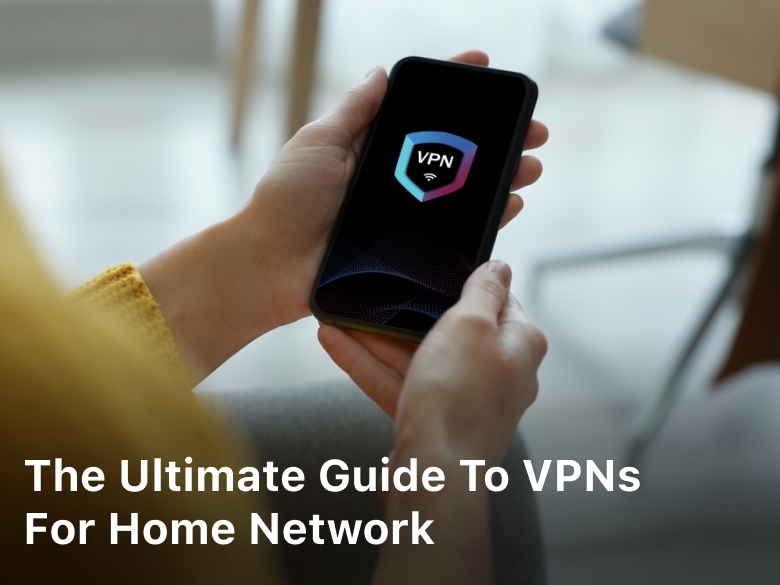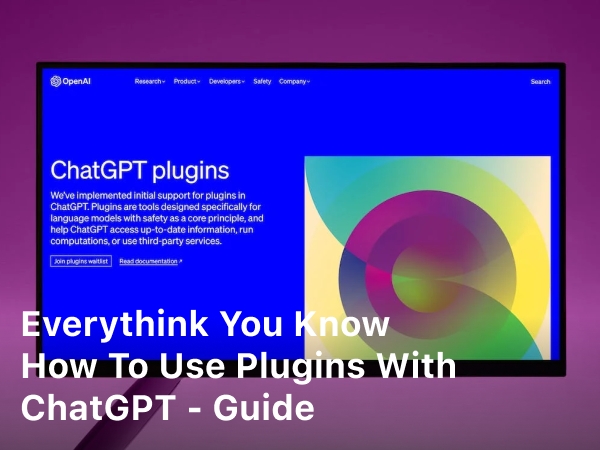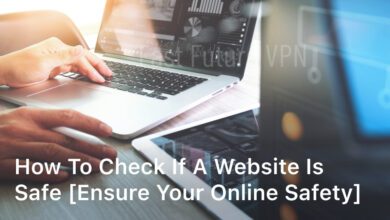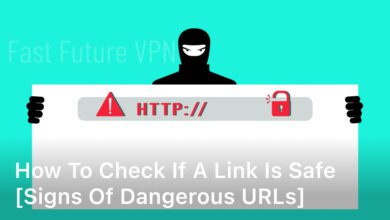
fastfuturevpn.com. The Ultimate Guide to VPN for Home Network – Discover how to secure your home network effectively using The Ultimate Guide to VPN for Home Network. Learn about VPN for Home Network benefits, setup, and FAQs.
In today’s interconnected world, where online privacy and security are paramount, setting up a Virtual Private Network (VPN) for your home network has become an essential step.
The Ultimate Guide to VPN for Home Network offers comprehensive insights, guidance, and solutions to safeguard your online activities. Whether you’re concerned about cyber threats, data breaches, or simply want to maintain your privacy, this guide has you covered.
What Is a VPN?
A VPN (Virtual Private Network) serves as a secure tunnel between your devices and the internet. It encrypts your internet connection, ensuring that your online activities remain private and protected from prying eyes. By using a VPN, you can browse the web, access remote resources, and communicate online while maintaining anonymity.
VPN for Home Network
Using a VPN for home network offers numerous advantages:
- Enhanced Security: VPNs encrypt your data, making it nearly impossible for hackers or cybercriminals to intercept your information.
- Privacy Protection: Your online activities and personal information are shielded from advertisers and other third parties.
- Bypass Geo-Restrictions: With a VPN, you can access content that might be restricted or unavailable in your region.
- Remote Access: VPNs enable secure access to your home network, allowing you to control devices or access files from anywhere.
- Safe Public Wi-Fi Usage: When connected to public Wi-Fi, a VPN adds a layer of security, preventing potential attacks.
- Anonymous Browsing: Your IP address is masked, ensuring that your online footprint remains untraceable.
Setting Up Your VPN For Home Network
Follow these steps to set up a VPN for home network:
- Choose a Reliable VPN Provider: Opt for a reputable VPN service that offers strong encryption, a wide server network, and user-friendly apps.
- Subscribe and Install: Sign up for a plan and install the VPN app on your devices.
- Launch the App: Open the app and log in using your credentials.
- Select a Server: Choose a server location. This can influence your browsing speed and the content you can access.
- Enable the VPN: Toggle on the VPN connection to encrypt your internet traffic.
- Enjoy Secure Browsing: Your connection is now secure, and your data is encrypted.

Factors to Consider When Choosing a VPN Provider
When selecting a VPN provider, consider the following factors:
- Security Protocols: Look for providers offering strong encryption protocols, like OpenVPN and IKEv2.
- Server Network: A broad server network allows for better connection options and bypassing geo-blocks.
- No-Log Policy: Opt for a VPN that has a strict no-log policy to ensure your data isn’t stored.
- Device Compatibility: Ensure the VPN is compatible with your devices, including smartphones, laptops, and routers.
- Customer Support: A reliable customer support team can assist you in case of issues or concerns.
- Speed and Performance: Test the VPN’s speed and performance to ensure seamless browsing.
Common FAQs About VPN for Home Networks
Q: Can I use a VPN on all my devices?
A: Yes, most VPNs offer apps for various devices, including smartphones, tablets, laptops, and even routers.
Q: Is using a VPN legal?
A: Yes, using a VPN is legal in most countries, but it’s essential to respect the VPN provider’s terms of service.
Q: Can I use a free VPN?
A: While free VPNs exist, they often come with limitations, such as slower speeds and restricted server access.
Q: How does a VPN affect my internet speed?
A: VPNs may slightly reduce your internet speed due to the encryption process, but reputable providers strive to minimize this impact.
Q: Can a VPN help me access streaming services?
A: Yes, a VPN can help you access region-locked streaming content by connecting to servers in the desired region.
Q: Will a VPN protect me from all online threats?
A: While a VPN enhances security, it’s not a one-stop solution. You should also have antivirus software and practice safe browsing habits.
Conclusion
Securing your home network is of utmost importance in today’s digital age. The Ultimate Guide to VPN for Home Network equips you with the knowledge and tools to fortify your online presence, protect your data, and ensure your privacy remains intact.
By following the steps outlined in this guide and choosing a reliable VPN provider, you can enjoy safer browsing, seamless remote access, and peace of mind in your online interactions.




